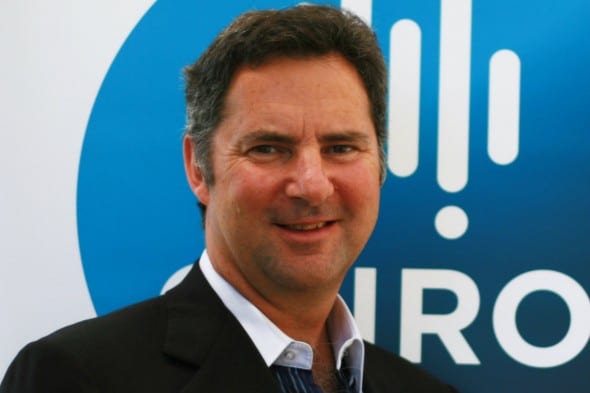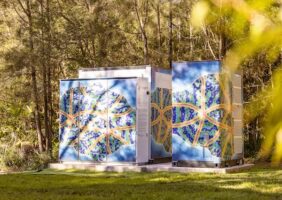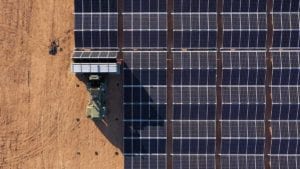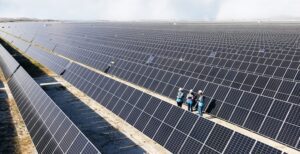The CEO of Australia’s peak scientific research body, the CSIRO, has described Australia’s national climate change discussion as “more like religion than science,” a week after announcing hundreds of job cuts to the organisation that will effectively gut its world-leading climate research team.
Larry Marshall – a former venture capitalist – is said to be driving sweeping cultural change at CSIRO, and has argued that the “staff renewal” will help the organisation pursue goals of being more innovative, more impactful and aligning more closely with industry.
But the strategy – which targets as many as 110 positions in CSIRO’s Oceans and Atmosphere division, and a similar number in the Land and Water division – has met with fierce resistance and savage criticism from within industry ranks, even prompting comments from Australia’s new chief scientist, Alan Finkel.
In his opening statement at Wednesday’s Senate Estimates Committee hearing, Finkel said that Australia’s most immediate concern was “to ensure… that the climate modelling capabilities developed by the CSIRO will continue to be made available for scientists to use and refine.”
But Marshall told the ABC on Thursday he will not back down from his decision to restructure the organisation, even though the backlash had made him feel like an “early climate scientist in the ’70s fighting against the oil lobby.”
“The politics of climate I think there’s a lot of emotion in this debate. In fact it almost sounds more like religion than science to me,” he said.
“For that to happen, someone’s going to have to convince me that measuring and modelling is far more important than mitigation – and at this point you know, none of my leadership believe that,” he said.
But this sort of reasoning was a key focus of the backlash from scientists, who said it showed a fundamental lack of understanding about climate science.
“Paris did not determine whether or not climate change is happening, scientists who generate and study big data did. The big question now, which underlies all climate adaptation work, is “How is the climate changing?” That answer will once again be determined by those scientists who gather climate data and model it,” said Penny Sackett – an adjunct professor at the ANU’s Climate Change Institute, and a former Australian Chief Scientist – last week.
The president of the Australian Meteorological and Oceanographic Society (AMOS), Associate Professor Todd Lane, said “climate science is not solved – out to the year 2030 most of the uncertainty in climate projections is due to uncertainty about the ways to represent some physical processes in climate models.
“We know that the risks associated with extreme weather and climate events increases disproportionately as the globe warms. Cutting funding in this area now doesn’t make any sense.”






